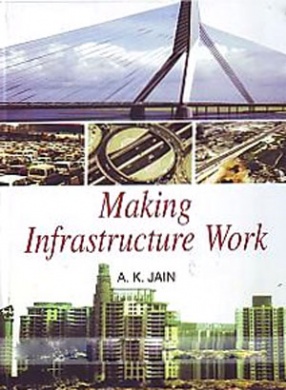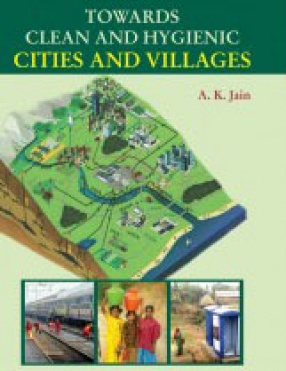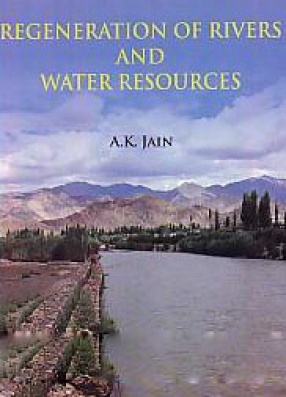Infrastructure is the underlying foundation of economic development and social transformation. It is usually referred to the transportation, communications, roads, water supply, sewer, power, telecommunications, etc which enable a business, industry and economy to function. Today, infrastructure has assumed a wider connotation and includes agriculture, public administration, governance, banking, finance, land, human resource, markets, tourism, healthcare, education, etc. Thus, infrastructure is the lifeline of economic, physical, social and ecological development.
India's economy has more than doubled in real terms since reforms began in 1991. It is predicted that by 2032, India's economy would outstrip that India has the potential to raise its per capita by 2050 to 35 time current levels. However, research shows that India's infrastructure is its most serious flaw. India's infrastructure spending has fallen well short of its economic growth, and it is estimated that during the decade 2010 to 2010, India would need to more than double its electricity capacity increase its length of paved roads by half, and add and sub sequentially to its railways, irrigation, ports and airports to keep pace with economic growth and urbanization. India needs to continue to add infrastructure at a furious pace.








There are no reviews yet.